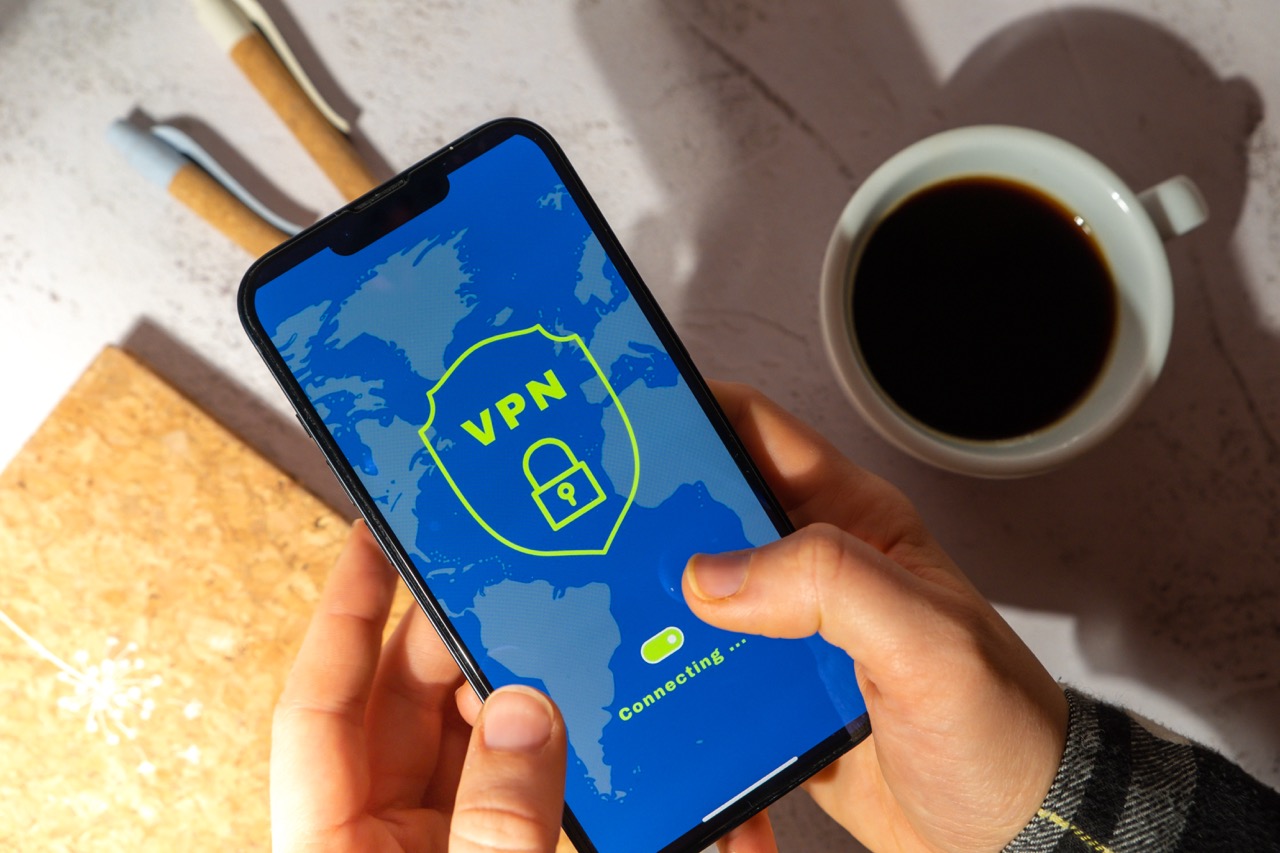In an increasingly connected world, protecting online privacy and data security has become paramount. Virtual Private Networks (VPNs) offer an effective solution for individuals and organizations aiming to safeguard their internet activities. By creating a secure and encrypted connection over a less secure network, VPNs serve as a critical tool in the digital landscape. This article delves into the intricacies of VPN technology, its functionalities, and its significance in enhancing online privacy and security.
Understanding the Concept of Virtual Private Networks (VPNs)
A Virtual Private Network (VPN) is a technology that establishes a secure and encrypted connection between a user’s device and a remote server managed by a VPN provider. This connection masks the user’s IP address, making their online activities virtually untraceable. Essentially, a VPN creates a private tunnel through the internet, allowing users to send and receive data securely, even over public networks. As such, it plays a vital role in maintaining user privacy and confidentiality.
The fundamental appeal of a VPN lies in its ability to facilitate secure internet access from anywhere in the world. Users can connect to the internet as if they are in a different geographical location, allowing them to bypass regional restrictions and access content that may be blocked in their country. This capability is particularly beneficial for travelers or expatriates who wish to access services from their home country or for those living in regions with strict internet censorship.
By leveraging a VPN, users can mitigate various cyber threats such as hacking, data theft, and unauthorized surveillance. In today’s digital environment, where threats to privacy are constantly evolving, a VPN is not just a luxury but a necessity for maintaining online security and anonymity.
The Core Functionality of a VPN Explained in Detail
At its core, a VPN functions by routing the user’s internet traffic through a secure server, effectively hiding their online activities from prying eyes. When a user connects to a VPN, their device establishes a secure connection with the VPN server, which authenticates the user’s credentials and encrypts the data transmitted. This process ensures that any information exchanged between the user’s device and the server is protected from interception.
The encryption process is crucial, as it transforms readable data into a scrambled format, making it virtually impossible for unauthorized parties to decipher. When the encrypted data reaches the VPN server, it is decrypted and sent to the intended destination on the internet. Consequently, the websites and services accessed by the user only see the IP address of the VPN server instead of the user’s actual IP address, thus enhancing privacy.
Additionally, VPNs often provide users with various features such as a kill switch, which disconnects the internet if the VPN connection drops, further protecting user data. This comprehensive functionality contributes to an overall secure online experience, making VPNs an essential tool for anyone concerned about their digital footprint.
Key Components: VPN Protocols and Encryption Standards
Understanding VPN protocols and encryption standards is crucial for appreciating how VPNs protect user data. VPN protocols define the rules for data transmission within the VPN connection, determining how the data is handled and secured. Common protocols include OpenVPN, PPTP, L2TP/IPsec, and IKEv2/IPsec, each with its strengths and weaknesses. OpenVPN, for example, is widely praised for its robustness and flexibility, while PPTP is known for its speed but is considered less secure.
Encryption standards, which work in conjunction with these protocols, are essential for safeguarding data integrity and confidentiality. Most VPNs utilize encryption standards such as AES (Advanced Encryption Standard) with 128-bit or 256-bit keys. AES-256, in particular, is recognized as one of the most secure encryption methods available, making it nearly impossible for malicious actors to breach the encrypted data.
Choosing the right combination of protocol and encryption standard is critical for achieving a balance between security and performance. Users must assess their individual needs, considering factors such as internet speed, security requirements, and the types of activities they will be engaging in while using the VPN.
Types of VPNs: Remote Access vs. Site-to-Site Solutions
VPNs can be broadly categorized into two primary types: remote access VPNs and site-to-site VPNs. Remote access VPNs allow individual users to connect to a private network from a remote location, enabling them to access resources as if they were physically present in the office. This type of VPN is particularly beneficial for remote workers and travelers who require secure access to company data and applications.
On the other hand, site-to-site VPNs are used to connect multiple networks securely over the internet. This solution is commonly employed by organizations with multiple offices or branches that need to share resources and data across different locations. Site-to-site VPNs create an encrypted connection between the networks, allowing seamless communication and resource sharing while maintaining security.
Both types of VPNs serve unique purposes and cater to different needs. Organizations often implement a combination of both solutions to ensure comprehensive security and connectivity across their entire infrastructure, accommodating various user requirements.
Benefits of Using a VPN for Security and Privacy
Utilizing a VPN offers numerous advantages in terms of security and privacy. One of the most significant benefits is the enhanced security provided by encryption, which safeguards sensitive data from cyber threats such as hacking and data interception. This is especially critical when using public Wi-Fi networks, which are notoriously vulnerable to security breaches.
VPNs also empower users with increased privacy by masking their IP addresses, making it challenging for advertisers, websites, and even governments to track online activities. This anonymity is vital for individuals who wish to browse the internet without being subjected to invasive tracking practices or data collection. Furthermore, VPNs can help users circumvent geo-restrictions and access content that may be blocked in their region, broadening their online experience.
Additionally, VPNs contribute to overall network performance by reducing latency and improving connection speeds in some cases. By connecting to a server that is geographically closer to the desired content, users may experience faster load times and a more stable connection, making VPNs an attractive option for streaming and gaming.
Common Misconceptions About VPNs and Their Capabilities
Despite their growing popularity, several misconceptions about VPNs persist, leading to misunderstandings regarding their capabilities. One common myth is that a VPN guarantees complete anonymity and security online. While VPNs significantly enhance privacy, they do not make users entirely untraceable. Other factors, such as user behavior and additional tracking technologies, can still compromise anonymity.
Another misconception is that VPNs are only necessary for those engaging in illegal activities or seeking to bypass restrictions. In reality, VPNs are valuable tools for anyone concerned about their online security and privacy. They are increasingly recognized as essential for protecting personal data, especially in an era where data breaches and cyber threats are rampant.
Lastly, many users assume that all VPNs are the same, when, in fact, they vary widely in terms of security features, speed, reliability, and logging policies. Users must conduct thorough research before selecting a VPN service to ensure it meets their specific needs and offers the level of protection they require.
In conclusion, Virtual Private Networks (VPNs) represent a critical component of modern internet security and privacy practices. By creating a secure and encrypted connection, VPNs protect users from a myriad of cyber threats while allowing them to access content freely and anonymously. Understanding the underlying technology, including VPN protocols and types, is essential for leveraging the full benefits of this powerful tool. As online security concerns continue to grow, VPNs will remain an indispensable resource for safeguarding personal and organizational data.










